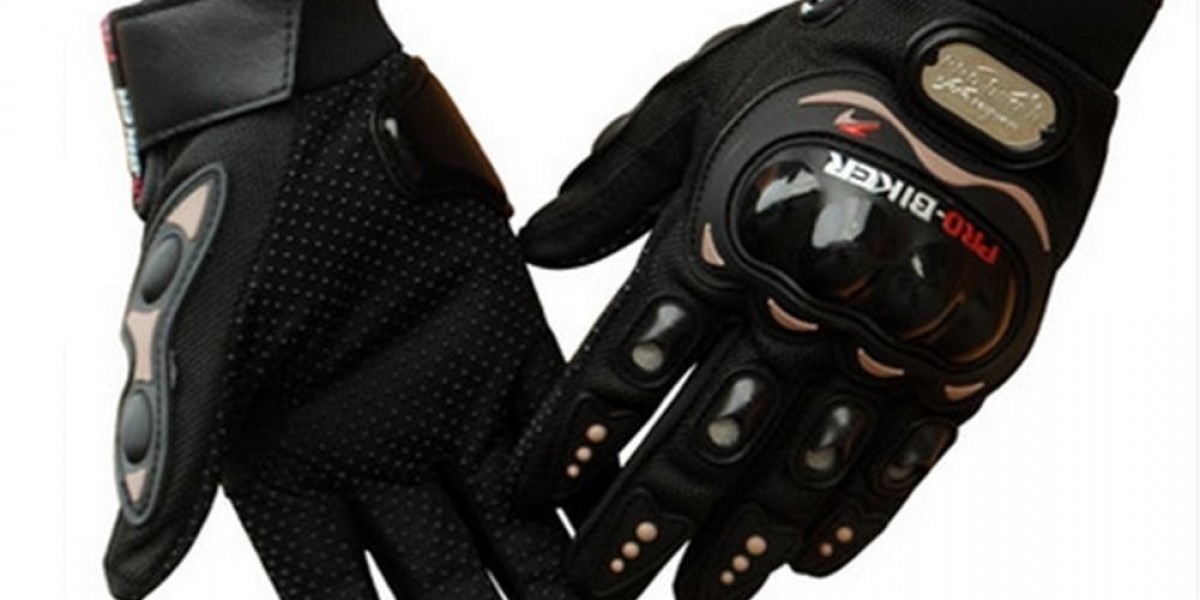Working in a shop environment puts your hands at risk every day. Sharp tools, hot surfaces, chemicals, and rough materials can cause serious injuries. Shop gloves provide the barrier protection you need to work safely and comfortably.
Finding the right pair makes a huge difference in your daily work experience. The wrong choice can reduce dexterity or fail when you need protection most.
Why Hand Protection Matters in the Workshop
Your hands are your most valuable tools. They handle every task from operating machinery to assembling delicate parts. Without proper protection, minor cuts can become infected wounds. Burns from hot metal can keep you off work for weeks.
Workshop environments contain multiple hazards. Oil spills create slippery conditions. Metal shavings can pierce unprotected skin. Chemical splashes cause burns and irritation.
Smart workers know that prevention costs less than treatment. A good pair of protective gloves costs much less than a single emergency room visit.
Types of Work Gloves for Different Tasks
Leather Work Gloves
Leather offers natural grip and durability. Cowhide handles general shop tasks well. Split leather costs less but provides basic protection. Full-grain leather lasts longer and resists punctures better.
These gloves work great for:
- Handling lumber and metal
- Operating hand tools
- Moving rough materials
- General maintenance work
Cut-Resistant Gloves
Modern cut-resistant materials protect against sharp edges. HPPE (High-Performance Polyethylene) fibers resist cuts while maintaining flexibility. These gloves receive ratings from A1 to A9 based on cut resistance levels.
Best applications include:
- Sheet metal work
- Glass handling
- Blade maintenance
- Parts with sharp edges
Chemical-Resistant Options
Nitrile and PVC coatings protect against oils and chemicals. Nitrile works well with petroleum products. PVC handles acids and bases safely. Some gloves combine multiple coatings for broader protection.
Use these for:
- Paint and solvent work
- Cleaning with chemicals
- Handling treated materials
- Oil changes and maintenance
Heat-Resistant Gloves
High-temperature work requires specialized protection. Kevlar fibers resist heat up to 500°F. Leather welding gloves handle sparks and spatter. Some synthetic materials work for moderate heat exposure.
Perfect for:
- Welding and cutting
- Hot metal handling
- Furnace maintenance
- Engine repair work
Key Features to Consider
Fit and Comfort
Proper fit prevents blisters and fatigue. Gloves should feel snug without restricting movement. Check finger length and palm width. Some brands run larger or smaller than others.
Try moving your fingers in all directions. Make sure you can grip tools normally. Loose gloves reduce control and create safety hazards.
Grip Performance
Textured palms improve tool control. Rubber dots add grip in wet conditions. Some coatings work better on specific materials. Consider what surfaces you handle most often.
Test grip performance with your actual tools when possible. Different textures work better for different applications.
Durability Factors
Reinforced palms last longer in demanding work. Double-layer construction resists wear in high-stress areas. Check stitch quality around fingers and cuffs. Better construction costs more but pays off over time.
Look for wear indicators that show when replacement is needed. Some gloves have colored layers that appear when the outer layer wears through.
Sizing and Fit Guidelines
Measuring Your Hands
Measure around your knuckles with a tape measure. Don't include your thumb in the measurement. Compare your measurement to the manufacturer's size chart. Each brand uses slightly different sizing.
Measure both hands since they often differ. Choose the size that fits your larger hand. Remember that some materials stretch with use.
Testing the Fit
Put gloves on and make a fist. Fingers shouldn't feel cramped or restricted. Check that the palm doesn't have excess material. Make sure the cuff covers your wrist properly.
Try picking up small objects to test dexterity. Good work gloves shouldn't interfere with normal hand movements.
Maintenance and Care Tips
Cleaning Methods
Most work gloves can be machine washed in cold water. Use mild detergent and avoid bleach. Air dry to prevent shrinkage. Some coated gloves need special cleaning methods.
Check the manufacturer's instructions for specific care requirements. Proper cleaning extends glove life significantly.
Storage Best Practices
Store gloves in a dry, ventilated area. Avoid direct sunlight which can degrade some materials. Don't store wet gloves as this promotes mold growth.
Keep different types of gloves separate. Chemicals from one pair can contaminate others. Label storage areas to prevent mix-ups.
When to Replace
Replace gloves when protection is compromised. Look for holes, thin spots, or damaged coatings. Don't repair safety equipment - replace it instead.
Keep spare pairs on hand to avoid work interruptions. Rotating between multiple pairs extends their life.
Where to Find Quality Options
Local safety supply stores let you feel materials and test fit. They often carry industrial brands with proven track records. Staff can recommend options for specific applications.
Hardware stores stock basic options for general use. They're convenient for quick replacements but may have limited selection.
Online retailers offer the widest selection and competitive prices. Read reviews from other users in similar work environments. Pay attention to sizing feedback since you can't try them on first.
For workers seeking shop gloves in Baltimore, local industrial suppliers understand regional needs. They stock options that work well in local climate conditions.
Many Baltimore area suppliers offer bulk pricing for shops needing multiple pairs. Some provide shop gloves in Baltimore with customization options like company logos.
Making the Right Choice
Consider your primary work activities first. Match glove features to your biggest safety risks. Don't choose based on price alone - your hands are worth protecting properly.
Start with one good pair for your main tasks. Add specialized options as needed. Building a collection of different gloves lets you choose the right protection for each job.
Shop gloves represent essential safety equipment, not optional accessories. The right pair protects your hands while improving work performance. Take time to research options and choose quality products from reputable manufacturers.
Remember that the best protective equipment is what you'll actually wear. Choose gloves that balance protection with comfort for your specific work environment.



